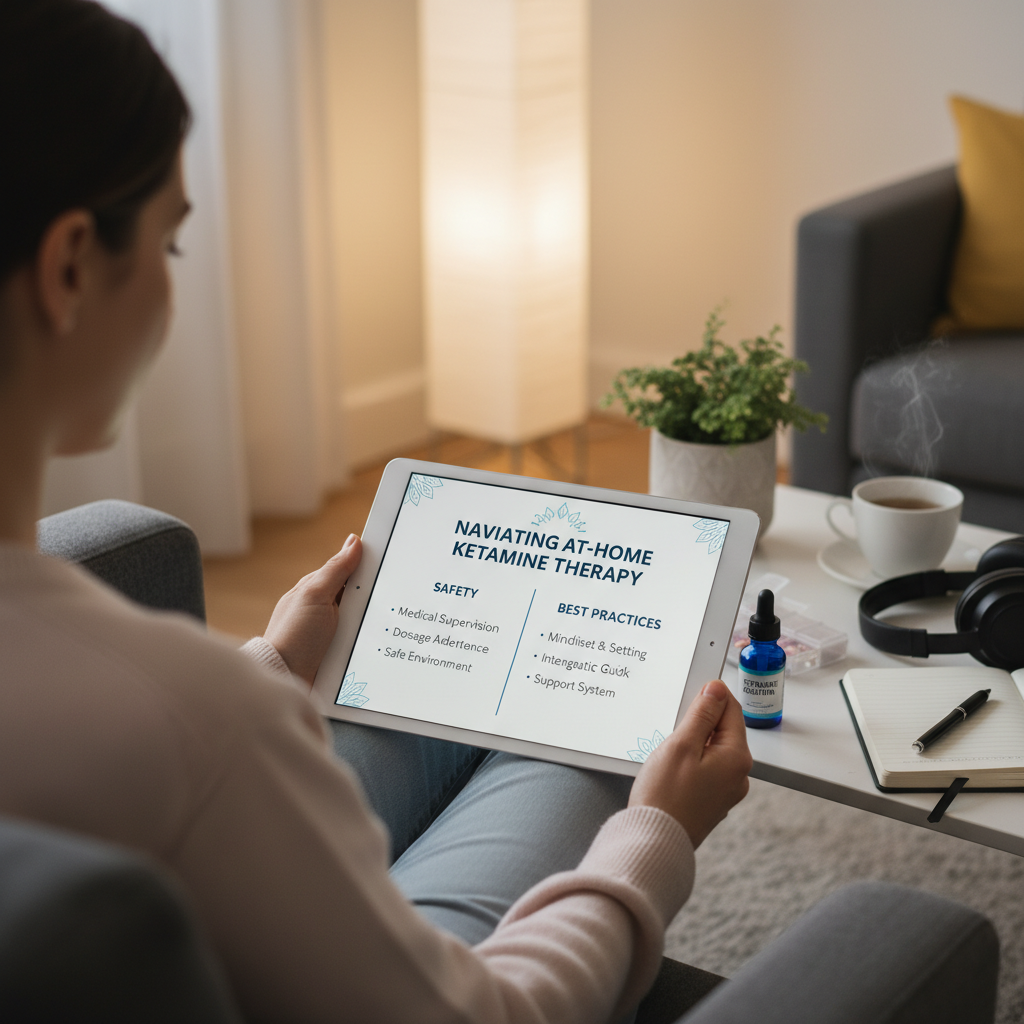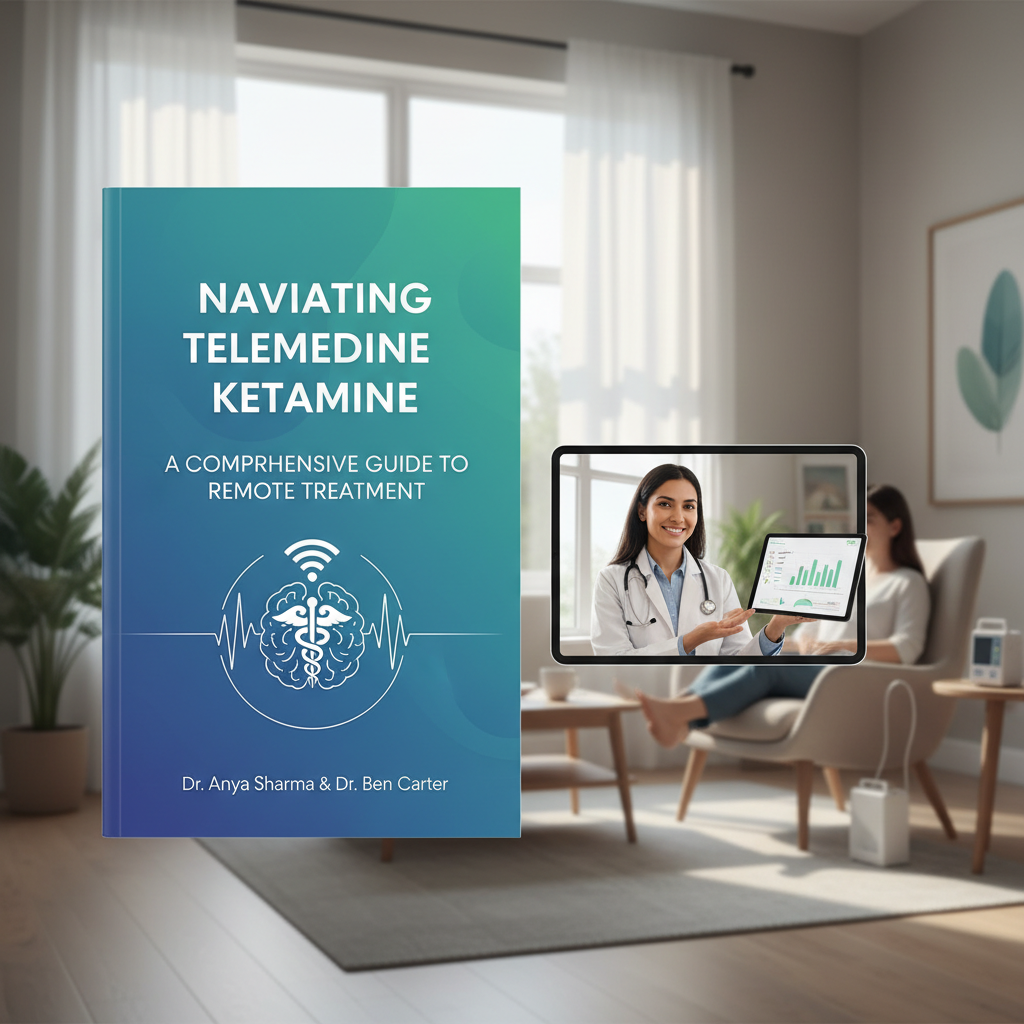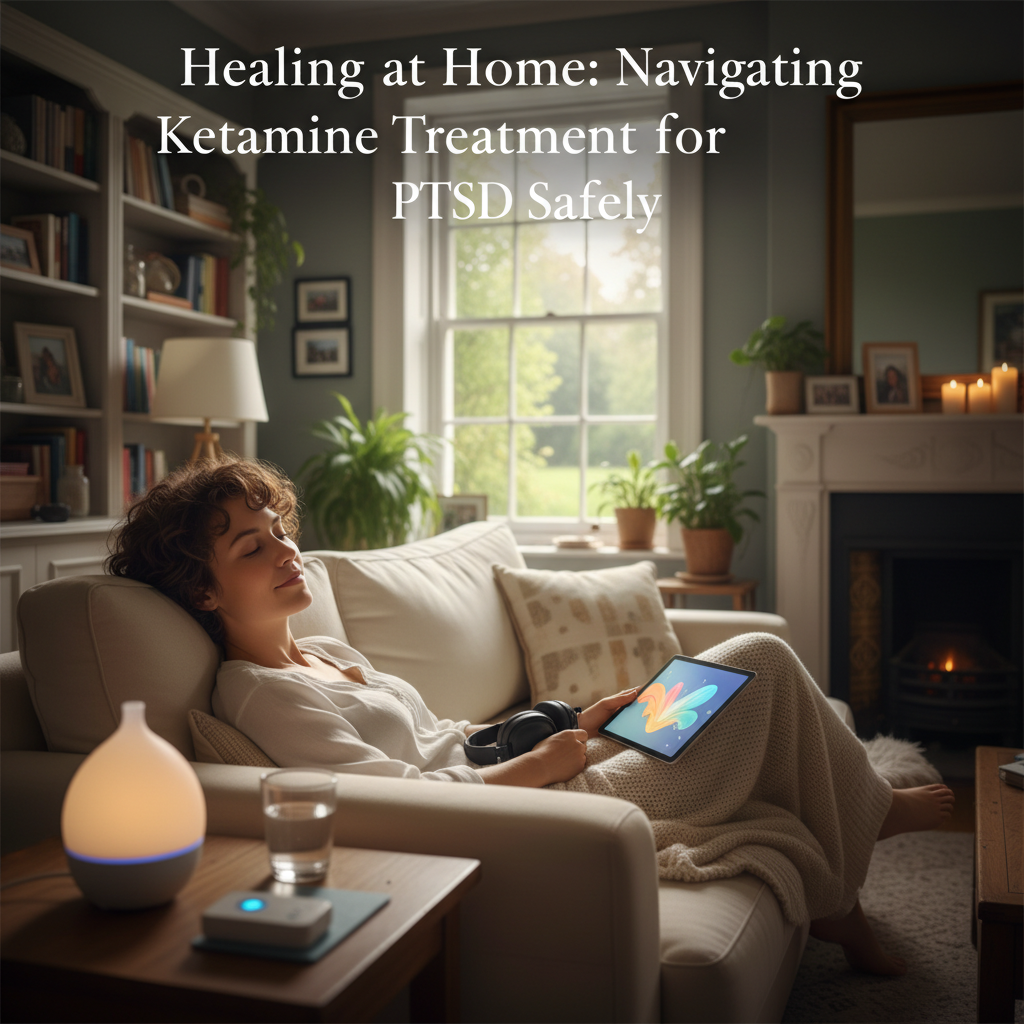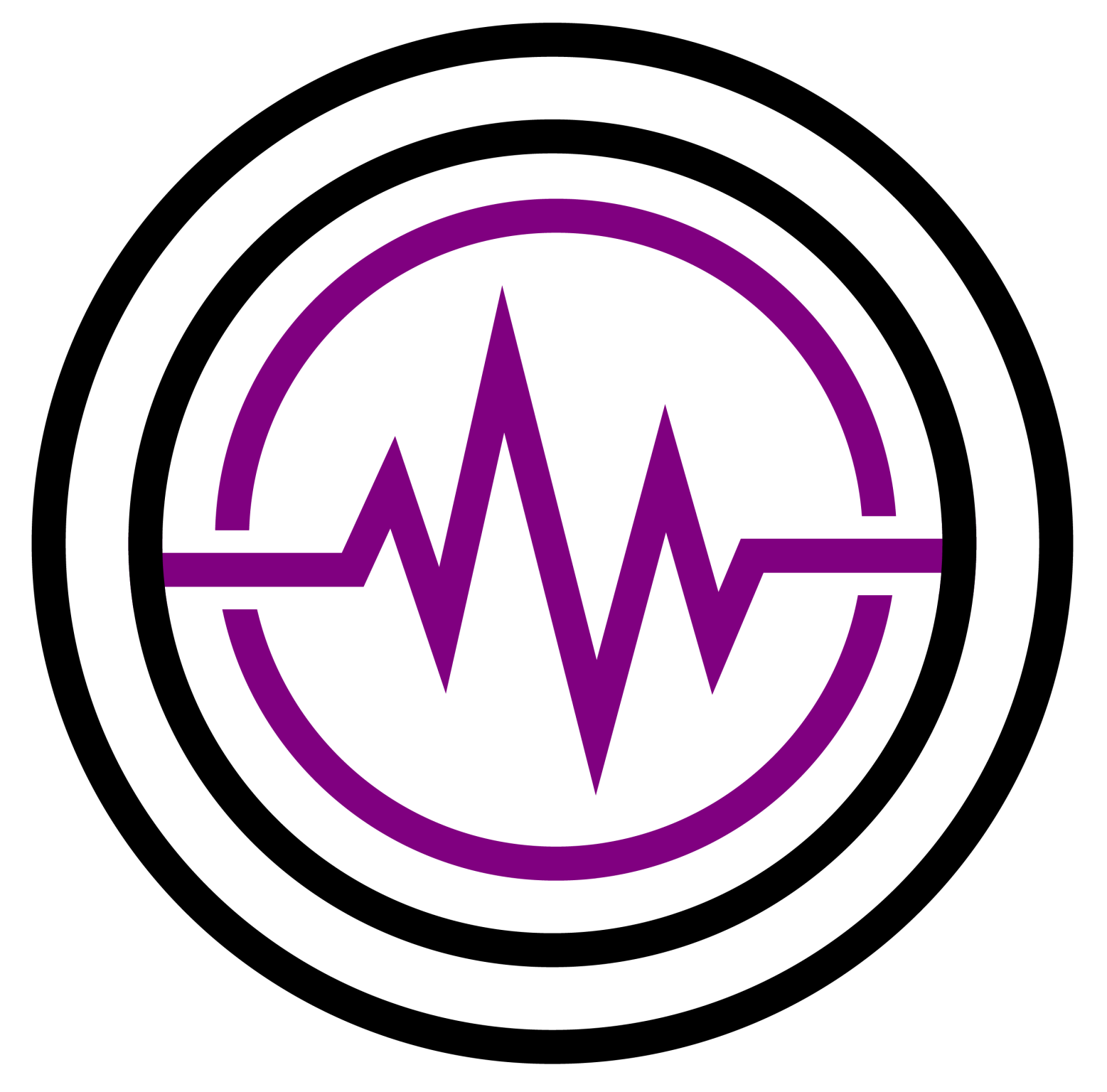A Comprehensive Guide to Safety, Efficacy, and Patient Experience
Quick Summary / Key Takeaways
- Ketamine nasal spray for home use is a prescription medication, strictly requiring a healthcare provider’s oversight and a comprehensive treatment plan to ensure patient safety and efficacy.
- Proper patient selection and adherence to strict guidelines, including dosage and administration protocols, are crucial for minimizing risks and optimizing therapeutic outcomes in a home setting.
- While convenient, home-based treatment necessitates robust monitoring for side effects, adherence, and psychological responses, often involving virtual check-ins and caregiver support.
- Ketamine nasal spray offers a novel approach for treatment-resistant depression, providing relief where other therapies have failed, but it’s not a first-line solution for everyone.
- Understanding potential interactions, contraindications, and the importance of a safe environment during administration are paramount for anyone considering this advanced therapeutic option.
Introduction
Ketamine, once primarily known as an anesthetic, has emerged as a groundbreaking treatment for severe depression, particularly in cases resistant to conventional therapies. Its rapid antidepressant effects have revolutionized how we approach mental health care, offering hope to many who felt stuck in a cycle of despair. While initial treatments often occurred in supervised clinic settings, advancements and understanding have paved the way for select patients to utilize ketamine nasal spray in the comfort and privacy of their own homes. This shift towards home-based administration, primarily with FDA-approved esketamine nasal spray (Spravato) or compounded ketamine, signifies a significant leap in accessibility and convenience. However, this convenience comes with a critical caveat: it demands rigorous adherence to protocols, careful patient selection, and robust oversight from dedicated healthcare professionals. The promise of relief at home is immense, but it’s intertwined with responsibilities and precautions that every potential user must fully understand. This guide delves into the nuances of ketamine nasal spray home use, separating fact from fiction and providing actionable insights for patients, caregivers, and anyone interested in this innovative therapeutic path. We’ll explore safety guidelines, efficacy considerations, the importance of a strong support system, and what a typical home treatment journey entails, ensuring a balanced perspective on this powerful tool.
Ketamine Nasal Spray: Home vs. Clinic Administration
| Feature | Clinic Administration | Home Administration | Key Consideration |
|---|---|---|---|
| Supervision Level | Direct medical staff | Remote monitoring, caregiver | Safety protocols differ |
| Immediate Support | Emergency medical team | Designated support person | Response time is critical |
| Environment Control | Controlled medical setting | Patient’s chosen space | Minimizing distractions |
| Cost/Convenience | Higher cost, less flexible | Potentially lower, more flexible | Accessibility vs. oversight |
Eligibility & Risks for Home Ketamine Nasal Spray
| Factor | Eligibility Requirement | Associated Risk | Mitigation Strategy |
|---|---|---|---|
| Diagnosis | Treatment-Resistant Depression | Misdiagnosis, ineffective treatment | Comprehensive psychiatric evaluation |
| Support System | Responsible caregiver present | Adverse events without aid | Caregiver training, emergency plan |
| Health Status | Stable cardiovascular/respiratory | Cardiac/respiratory distress | Pre-treatment medical clearance |
| Substance Use | No active substance use disorder | Abuse potential, dependence | Regular drug screenings, therapy |
Application Preparation Checklist
- Ensure a designated responsible adult is present during each home administration session for supervision.
- Review all dosage instructions and potential side effects with your prescribing clinician before first use.
- Prepare a calm, safe, and distraction-free environment for administration, with all necessary supplies ready.
- Establish a clear communication plan with your healthcare provider for immediate concerns or questions.
Post-Arrival Checklist
- Maintain a detailed log of administration times, dosages, and any observed effects or side effects.
- Attend all scheduled follow-up appointments, virtual or in-person, to monitor progress and adjust treatment.
- Communicate any changes in mood, adverse reactions, or new medications immediately to your care team.
- Store medication securely, out of reach of children and others, following all pharmacy guidelines.
Table of Contents
Section 1: Understanding Ketamine Nasal Spray for Depression
- What is ketamine nasal spray and how does it work for depression?
- Is all ketamine nasal spray the same for home use?
- How is ketamine nasal spray different from traditional antidepressants?
- Who is typically a candidate for home ketamine nasal spray treatment?
Section 2: Safety Protocols and Administration at Home
- What are the critical safety precautions for home administration?
- Do I need someone else present during home use?
- How do I prepare my home environment for a ketamine session?
- What are the common side effects to watch out for at home?
Section 3: Efficacy and Expected Outcomes
- How quickly can one expect to feel the effects of ketamine nasal spray?
- What are realistic expectations for improvement with home treatment?
- Can ketamine nasal spray treatment be combined with other therapies?
Section 4: Navigating the Home Treatment Journey
- How often is ketamine nasal spray typically administered at home?
- What kind of follow-up and monitoring is required?
- What should I do if I miss a dose or experience an emergency?
- Are there long-term considerations for home ketamine nasal spray use?
Frequently Asked Questions
Section 1: Understanding Ketamine Nasal Spray for Depression
FAQ 1: What is ketamine nasal spray and how does it work for depression?
Ketamine nasal spray, often esketamine (Spravato) or compounded ketamine, is a rapid-acting antidepressant that works by modulating glutamate, a neurotransmitter, leading to new neural connections and significant mood improvements. Unlike traditional antidepressants that target serotonin or norepinephrine, ketamine affects the brain’s plasticity, offering a unique mechanism of action for treatment-resistant depression. This neuroplasticity can help “rewire” the brain pathways associated with depression, leading to sustained relief. It is absorbed through the nasal passages, allowing for quick entry into the bloodstream and brain.
FAQ 2: Is all ketamine nasal spray the same for home use?
No, not all ketamine nasal spray is the same; esketamine (Spravato) is the only FDA-approved ketamine-derived nasal spray specifically for home use under limited circumstances. Compounded ketamine nasal sprays, while used off-label, are not FDA-approved and their potency, purity, and safety profiles can vary significantly. Patients should always consult their doctor to understand which formulation is being prescribed and its regulatory status. The choice depends on individual patient needs, clinical assessment, and prescriber discretion.
FAQ 3: How is ketamine nasal spray different from traditional antidepressants?
Ketamine nasal spray distinguishes itself from traditional antidepressants primarily through its rapid onset of action and its mechanism targeting glutamate rather than monoamines. Traditional antidepressants often take weeks to show effects by slowly adjusting serotonin, norepinephrine, or dopamine levels. Ketamine, however, can provide significant relief within hours or days by promoting neuroplasticity and forming new synaptic connections. This makes it particularly valuable for acute depressive episodes or treatment-resistant cases where immediate relief is crucial.
FAQ 4: Who is typically a candidate for home ketamine nasal spray treatment?
Typically, candidates for home ketamine nasal spray treatment are adults diagnosed with treatment-resistant depression (TRD) who have failed to respond to at least two other antidepressant therapies. Additionally, patients with major depressive disorder (MDD) with acute suicidal ideation or behavior may be considered under strict protocols. Ideal candidates must also possess a stable medical history, no active substance use disorder, and a reliable support system at home to ensure safe administration and monitoring. A comprehensive medical and psychiatric evaluation is mandatory to determine suitability.
Section 2: Safety Protocols and Administration at Home
FAQ 5: What are the critical safety precautions for home administration?
Critical safety precautions for home administration include having a responsible adult present, ensuring a safe and calm environment, and strictly adhering to prescribed dosages and administration times. Patients must avoid driving or operating machinery for at least 24 hours post-dose due to potential sedation and dissociation. Keep emergency contact information readily available and understand when to call for medical assistance. All medications must be stored securely to prevent misuse.
FAQ 6: Do I need someone else present during home use?
Yes, a responsible adult must be present during and for at least two hours following each home administration of ketamine nasal spray, especially for FDA-approved esketamine. This individual is crucial for monitoring for side effects, providing support, and assisting in case of an emergency or significant dissociative experience. Their role is to ensure patient safety and to contact emergency services if needed, as the medication can cause temporary altered states of consciousness or sedation. This is a non-negotiable safety requirement.
FAQ 7: How do I prepare my home environment for a ketamine session?
To prepare your home environment for a ketamine session, choose a quiet, comfortable, and private space free from distractions like loud noises or interruptions. Ensure you have comfortable seating, a blanket, and water within reach. Dim the lights if preferred, and remove any sharp objects or hazards from your immediate vicinity. Having calming music or an eye mask can enhance the experience, creating a conducive setting for introspection and therapeutic benefits while minimizing external stimuli.
FAQ 8: What are the common side effects to watch out for at home?
Common side effects of ketamine nasal spray include temporary dissociation (feeling detached), dizziness, nausea, sedation, increased blood pressure, and anxiety. These effects typically resolve within a couple of hours post-administration. Patients should closely monitor their vital signs, especially blood pressure, if advised by their doctor. It’s crucial to distinguish between expected transient effects and concerning symptoms like severe chest pain or prolonged confusion, which warrant immediate medical attention.
Section 3: Efficacy and Expected Outcomes
FAQ 9: How quickly can one expect to feel the effects of ketamine nasal spray?
Patients can often expect to feel the antidepressant effects of ketamine nasal spray relatively quickly, with some reporting improvements within hours or days of the first dose. This rapid onset is a key advantage over traditional antidepressants. However, the full therapeutic benefit typically unfolds over several weeks of consistent treatment. It’s important to remember that individual responses vary, and sustained improvement usually requires continued adherence to the prescribed regimen.
FAQ 10: What are realistic expectations for improvement with home treatment?
Realistic expectations for improvement with home ketamine nasal spray treatment include a significant reduction in depressive symptoms, increased motivation, and an improved quality of life for many patients with treatment-resistant depression. While it’s not a cure, it can provide profound relief and bring patients into remission. It’s important to understand that not everyone will achieve complete remission, and some may require ongoing maintenance therapy. Open communication with your provider about your progress is key.
FAQ 11: Can ketamine nasal spray treatment be combined with other therapies?
Yes, ketamine nasal spray treatment is typically designed to be combined with an oral antidepressant, and often integrated into a broader mental health treatment plan that includes psychotherapy. The combination approach is often more effective than ketamine alone, as therapy can help process insights gained during treatment and build coping skills. Discussing all current medications and therapies with your prescribing doctor is vital to ensure safety and avoid potential interactions. Always disclose all treatments for a holistic care approach.
Section 4: Navigating the Home Treatment Journey
FAQ 12: How often is ketamine nasal spray typically administered at home?
The typical administration frequency for ketamine nasal spray at home usually starts with twice weekly for the first four weeks, followed by a maintenance phase. During maintenance, the frequency is adjusted based on individual response, ranging from once weekly to once every two weeks. This schedule is determined by your prescribing physician and can be modified over time. Consistency is vital for efficacy, and deviations should only occur after consulting your healthcare provider.
FAQ 13: What kind of follow-up and monitoring is required?
Regular and consistent follow-up and monitoring are absolutely required for home ketamine nasal spray use to ensure safety and optimize treatment outcomes. This includes scheduled telehealth or in-person appointments with your prescribing physician to assess progress, manage side effects, and adjust dosage or frequency. Patients may also be asked to track symptoms, side effects, and blood pressure at home. Your care team will guide you on the specific monitoring protocols.
FAQ 14: What should I do if I miss a dose or experience an emergency?
If you miss a dose, do not double up or take an extra dose; contact your healthcare provider immediately for guidance on rescheduling. In the event of an emergency, such as severe side effects, prolonged confusion, or a medical crisis, call 911 or your local emergency services without hesitation. Ensure your responsible adult caregiver is aware of emergency procedures and contacts. Always prioritize safety and professional medical intervention in urgent situations.
FAQ 15: Are there long-term considerations for home ketamine nasal spray use?
Long-term considerations for home ketamine nasal spray use include potential for sustained remission, ongoing monitoring for side effects, and the possibility of needing continued maintenance therapy. While generally safe under medical supervision, long-term use can involve risks like urinary tract issues (rare with nasal spray at therapeutic doses) or psychological dependence, though this is minimized with strict protocols. Regular evaluations help assess the continued benefit-risk profile and adjust the treatment plan as life circumstances and mental health needs evolve.







